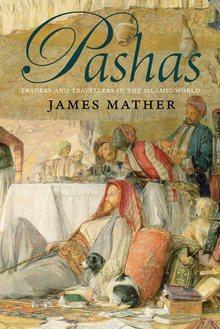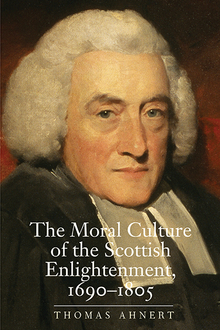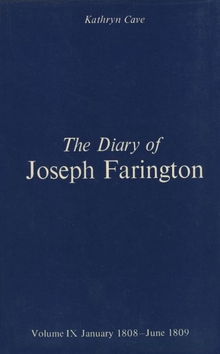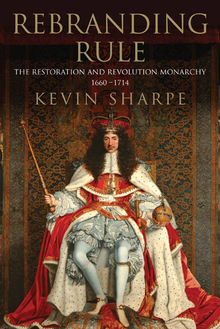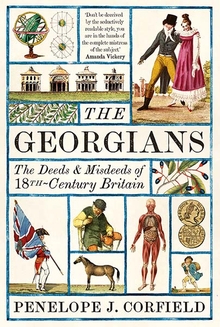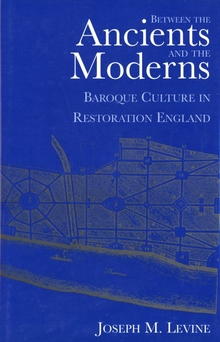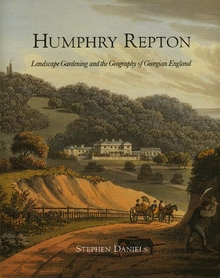Pashas
WARNING
You are viewing an older version of the Yalebooks website. Please visit out new website with more updated information and a better user experience: https://www.yalebooks.com
Traders and Travellers in the Islamic World
James Mather
The fascinating, forgotten story of when Europe and Islam first met
Long before they came as occupiers, the British were drawn to the Middle East by the fabled riches of its trade and the enlightened tolerance of its people. The Pashas, merchants and travelers from Europe, discovered an Islamic world that was alluring, dynamic, and diverse.
Ranging across two and a half centuries and through the great cities of Istanbul, Aleppo, and Alexandria, James Mather tells the forgotten story of the men of the Levant Company who sought their fortunes in the Ottoman Empire. Their trade brought to the region not only merchants but also ambassadors and envoys, pilgrims and chaplains, families and servants, aristocratic tourists and roving antiquarians. Unlike the nabobs who gathered their fortunes in Bengal, they both respected and learned from the culture they encountered, and their lives provide a fascinating insight into the meeting of East and West before the age of European imperialism.
Intriguing, intimate, and original, Pashas brings to life an extraordinary tale of faraway visitors beguiled by a mysterious world of Islam.
"An arresting and timely addition to the literature of Western-Islamic relationships. The Levant Company has found a worthy historian at last."—Colin Thubron, Shadow of the Silk Road
"A most impressive book, which vividly and humanely depicts a period when encounters between Christians and Muslims took a very different form from the so-called 'clash of civilizations' which so distorts and disfigures our perspective on these relationships today. The result is a major historical work, which also conveys a brave, powerful and hopeful contemporary message." - David Cannadine
"A fascinating account of how global exchanges were developed by a group of businessmen-adventurers who felt equally at home in Christendom and the Muslim Orient long before the term globalisation was coined. Getting to know the Pashas will increase your faith in the ability of human beings to transcend cultural and religious barriers and foster a genuine dialogue of civilizations. In these pessimistic times, this book is a ray of hope." - Amir Taheri, The Persian Night
"James Mather’s wonderful book is the first full-length study since 1935…Mather excels at portraying the everyday life of the Englishmen who joined the Levant Company…the importance of this excellent and balanced study cannot be underestimated."—William Dalrymple, The Observer
‘Vivid and well-written.’ - Linda Colley, Times Literary Supplement
‘Mather manages to produce this book with a book with authority and elegance…. I find it hard to believe that this is his first work. I pray it will not be his last.’ — Stephen Pound, Tribune, 12th February 2010
“Mather’s study adds to the debate about orientalism by exploring the response of Britons to the Middle East in the era before the British Empire. His book is rich with details about the daily lives of the pashas and is filled with the evocative sights and sounds of Middle Eastern souks and cities.”—The Guardian (Review)
“….impressive history of the forgotten Levant Company….Mather’s vivid story and its rich cast of ‘pashas’ - the English company members who all but go native - is told with great panache.”—Professor Jerry Brotton, BBC History Magazine
“For more than 200 years, the Levant Company was one of the most influential and intriguing of British institutions, but it has never found a worthy popular historian. Enter James Mather, whose erudite, well-researched book was met with a fanfare of critical praise a little while ago. The paperback has just hit the shelves, and it’s a remarkable volume.”—Jonathan Wright, Geographical
“Pashas is a wonderful book. It is engaging, widely researched, and informative…..The strength of Mather’s Pashas lies in its extensive use of primary documents and sources, its elegant writing, and its breadth.”—Nabil Matar, Journal of Islamic Studies Vol.22 No.2
Publication Date: June 2, 2011
16 b/w illus.

